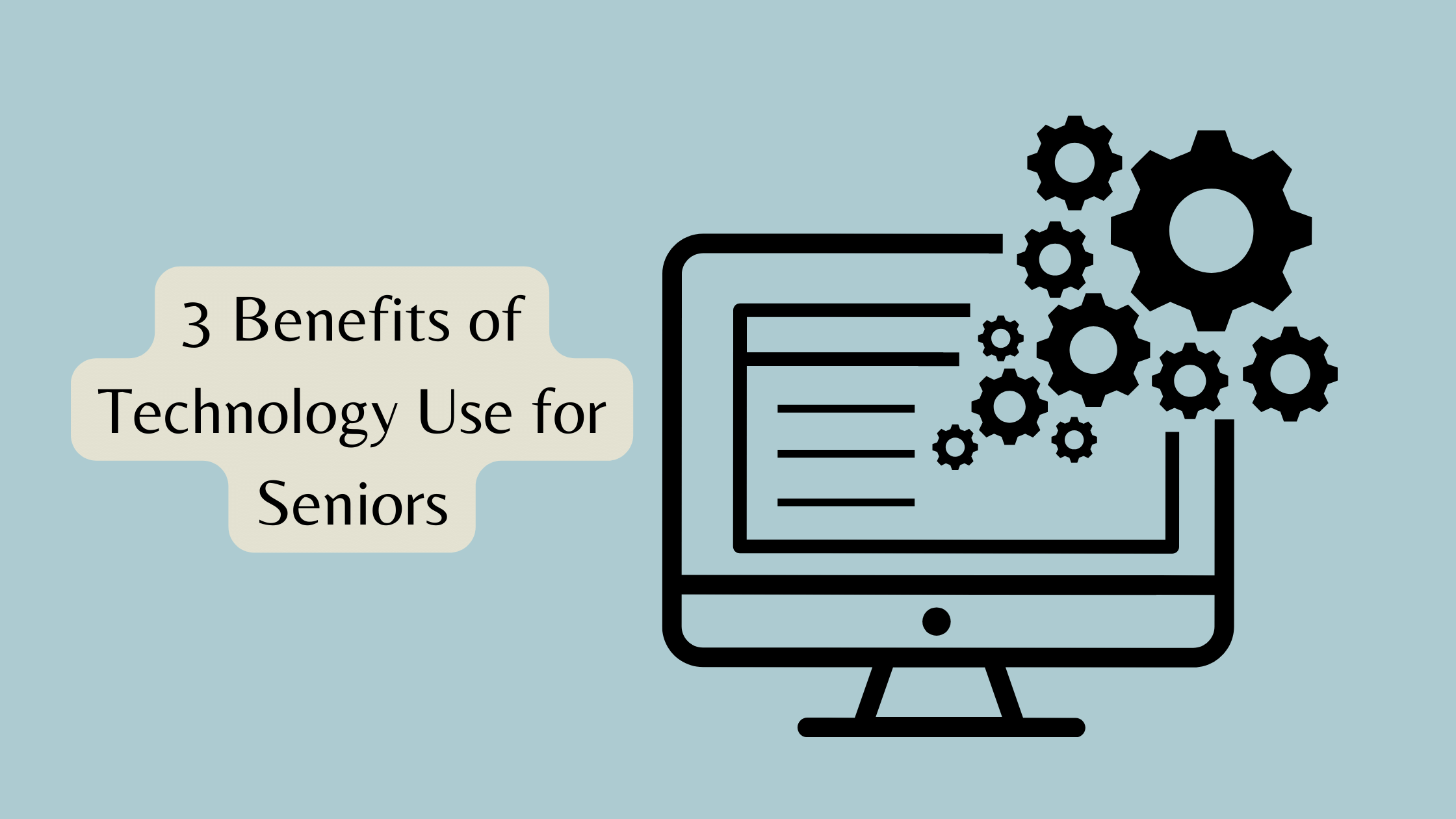
There’s no denying that technology has become an indispensable facet of life because it offers numerous benefits that can significantly enhance day-to-day experiences, particularly for older adults.
This blog post explores the many advantages technology can provide to the senior population, focusing on improving their quality of life, fostering independence, and creating new avenues for learning and engagement.
Continue reading to unravel the top benefits of technology use for older adults. This article provides insight and real-life examples to illustrate the transformative power of digital tools in their lives. After reading through today’s article, you can click the following link to learn how Seasons Retirement Communities utilizes modern technology.
Personal safety during emergencies
One of the paramount concerns for our older adult population is personal safety, particularly during emergencies. Technology serves as a critical tool, enhancing the security and well-being of older adults by providing swift and efficient means of communication when it matters most.
For instance, wearable devices with built-in GPS and emergency alert systems can significantly improve crisis response times, ensuring help is on its way with just the press of a button.
Furthermore, smartphones with medical alerts or location-sharing apps can offer peace of mind to older adults and their families. These apps allow users to quickly call for assistance or inform loved ones of their status should an urgent situation arise. Through these innovations, technology acts as a tool and a lifeline, offering a sense of security and fostering independence for older adults living alone.
This empowering aspect of technology cannot be overstated, as it safeguards physical health and contributes to a stress-reduced, autonomous lifestyle.
Beneficial for mental health and well-being
In addition to safeguarding physical health and fostering independence, technology significantly contributes to older adults’ mental health and overall well-being.
Engaging with various digital platforms can reduce feelings of loneliness and isolation, which are common issues among older adults, especially those who may live alone or in distant areas from their families. Social media, video calling apps, and online community forums provide valuable opportunities for older adults to maintain social connections and build new ones, enriching their social lives and alleviating feelings of solitude.
Furthermore, the internet offers a treasure trove of mental stimulation and cognitive engagement resources.
From online courses and workshops to interactive games designed to enhance memory and problem-solving skills, technology opens up endless possibilities for mental exercise and learning. This continuous cognitive engagement is crucial for maintaining mental agility and can even delay the onset of cognitive decline.
Beyond entertainment and education, technology also offers stress management and relaxation tools, including music apps that can provide calming music or nature sounds and meditation apps, which can have therapeutic effects on the mind and body. The ability to easily access these resources can empower older adults to take a more active role in managing their mental health, fostering a sense of control and well-being.
By incorporating technology into their daily routines, older adults can experience a substantial improvement in their mental health and overall quality of life. It offers them a window to the world and tools to actively participate in it, contributing to a happier, more fulfilling life.
Optimizing medication management
An often overlooked yet critical aspect where technology significantly benefits older adults is managing their medication routines. With advancements in digital health applications and tools, older adults can leverage technology to ensure accuracy and consistency in taking their medications, thus enhancing their health and safety.
Apps designed for medication management can send timely reminders to users about when to take their medication, keep track of dosages taken, and even alert them when prescriptions need to be refilled. This technological intervention is particularly beneficial for older adults who may be managing multiple medications, as it can reduce the risk of missing doses.
Furthermore, some of these apps offer detailed information about each type of medication, including potential side effects and interactions with other drugs, thereby educating users and empowering them to take an active role in their health management.
Such tools are indispensable for older adults who may experience challenges, such as memory lapses, who need help maintaining their regimen accurately and independently.
In addition to personal use, medication management technology can facilitate communication between older adults and their healthcare providers. By sharing their medication logs directly from these apps, older adults can provide their doctors with a comprehensive overview of their medication adherence, enabling more informed discussions about their health and any necessary adjustments to their treatment plans.
Conclusion
Older adults’ adoption of digital tools is a significant shift towards enhancing their quality of life. This article explored how technology holds remarkable potential in various aspects of older adults’ lives – from ensuring personal safety during emergencies to contributing to mental health and well-being to optimizing medication management.
Wearable devices and smartphones offer a lifeline during crises, fostering a sense of security and independence. Digital platforms and online resources serve as gateways to reduce isolation, maintain social connections and keep the mind actively engaged, thereby supporting mental health. Furthermore, technology simplifies medication management, ensuring safety and empowering older adults to take control of their health confidently.
In essence, technology emerges not only as a tool but as a companion that enriches the lives of older adults, allowing them to live more autonomously and with dignity. By integrating digital tools into their daily routines, older adults can overcome many challenges associated with aging, thus paving the way for a happier, healthier and more fulfilling life.